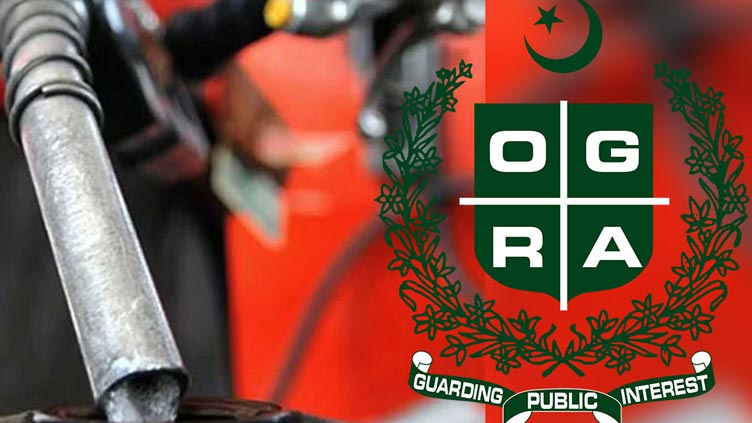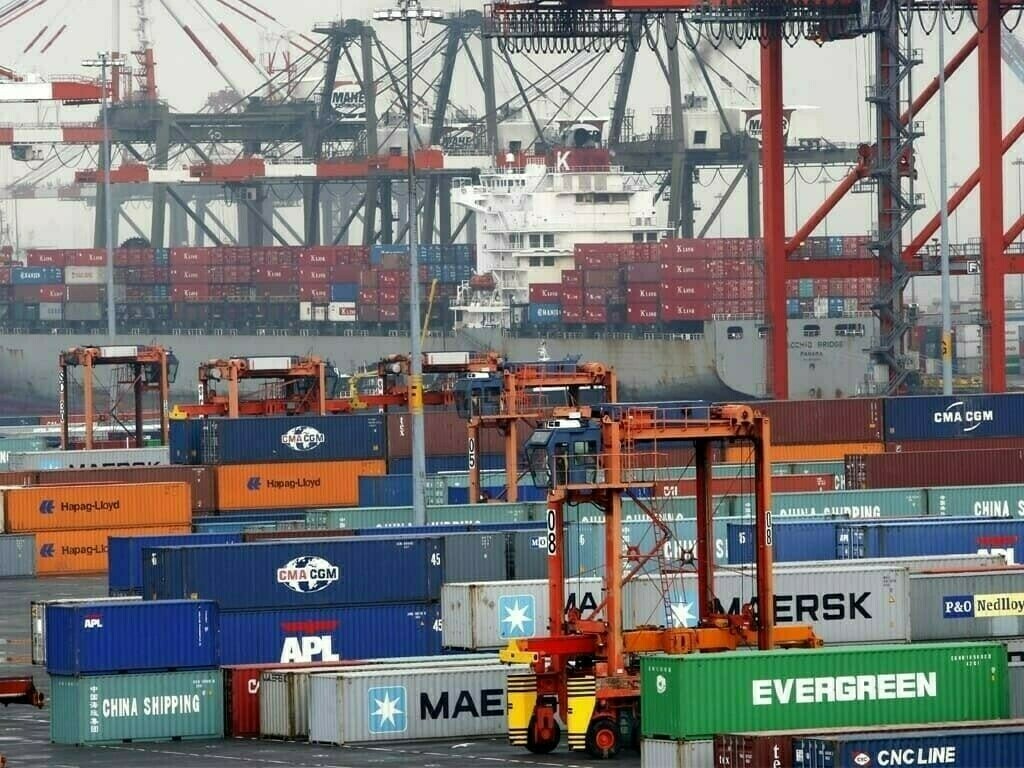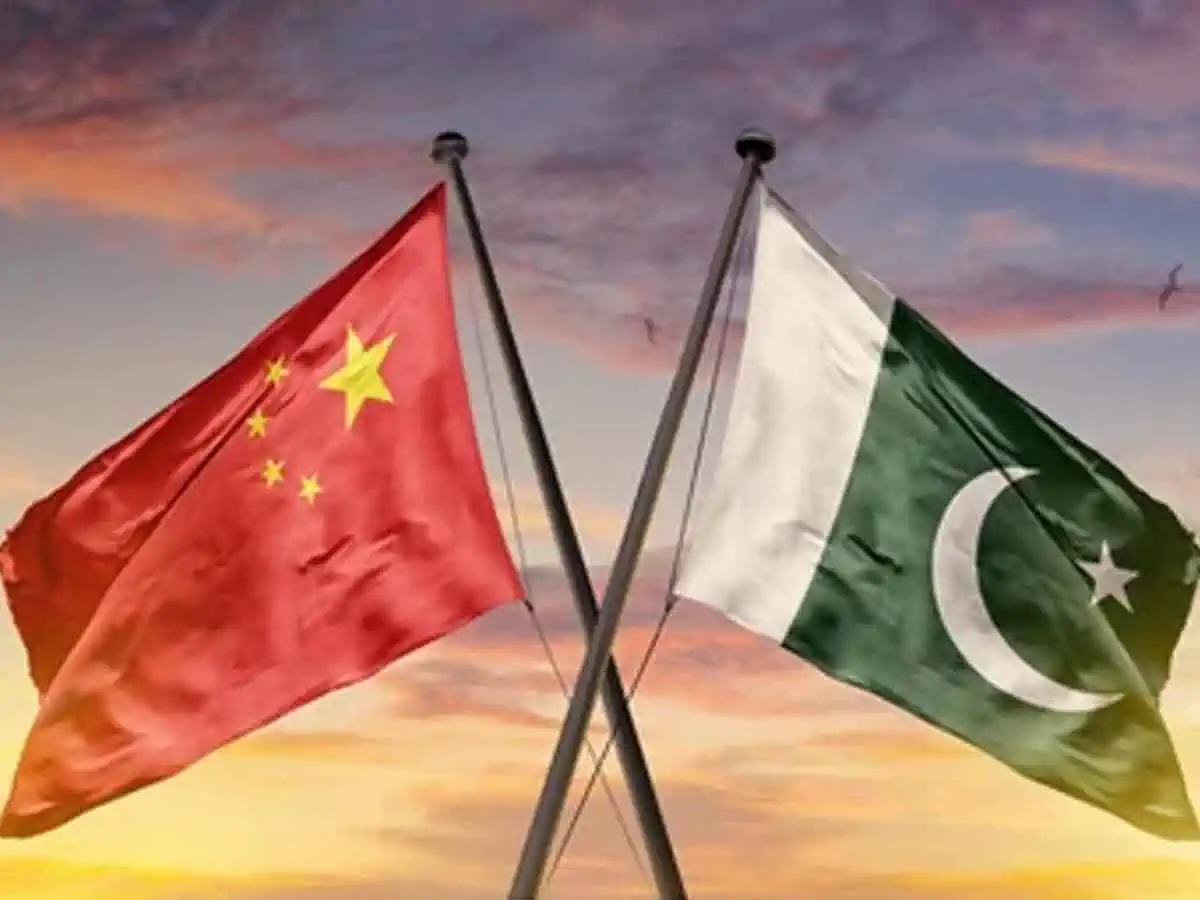Mohsin Siddiqui (Chief Reporter)
Prime Minister Shahbaz Sharif has instructed the removal of government control over the pricing of petroleum products. This decision marks a pivotal change in how fuel prices will be managed and is expected to impact various sectors of the economy, particularly those dependent on petroleum products.
For years, the government has maintained a tight grip on petroleum prices, using subsidies and controls to manage the economic impact on consumers and businesses. However, as part of a broader economic reform strategy, Prime Minister Sharif has opted to deregulate the petroleum sector, aiming to create a more market-driven pricing mechanism.
In line with this directive, the Federal Minister for Petroleum has scheduled a crucial meeting for tomorrow. The purpose of this meeting is to finalize the framework required for implementing this significant policy change. The Federal Minister will be working closely with the Chairman of the Oil and Gas Regulatory Authority (OGRA) to ensure a smooth transition from government-controlled pricing to a deregulated model.
The Prime Minister’s decision reflects a move towards increasing transparency and efficiency in the energy sector. By removing government control, the administration hopes to encourage competition and potentially stabilize or even reduce fuel prices in the long run. The shift is also expected to align Pakistan’s energy sector with international standards and practices.
Following the Prime Minister’s instructions, the Federal Minister for Petroleum has directed the Chairman of OGRA to undertake a comprehensive analysis of the impact of deregulating fuel prices. This includes preparing an actionable plan to manage the transition and assessing the potential consequences for both consumers and the broader economy.
The Federal Minister’s role in this process is crucial. They will oversee the implementation of the deregulation policy and ensure that the transition is handled smoothly. This includes addressing any challenges that arise and ensuring that stakeholders, including consumers, are adequately informed about the changes.
The removal of government control over petroleum prices is expected to have several implications. First, it will likely lead to increased volatility in fuel prices as they will now be subject to market forces. This could result in more frequent fluctuations in prices, which may affect consumer behavior and business costs.
Additionally, the deregulation is anticipated to have an impact on inflation. With fuel prices potentially rising or falling based on market conditions, the cost of goods and services that rely on petroleum products could also fluctuate. This may lead to changes in consumer spending patterns and economic adjustments.
However, proponents of deregulation argue that the move will lead to more efficient pricing, improved service quality, and a more competitive market. They believe that removing government control can foster innovation and investment in the sector, ultimately benefiting consumers in the long term.
The upcoming meeting called by the Federal Minister will be critical in shaping the final details of the deregulation framework. The discussions will likely cover various aspects, including the timeline for implementing the changes, mechanisms for monitoring and regulating market behavior, and strategies to mitigate any negative impacts on consumers.
Once the framework is finalized, the new pricing model will be put into effect, marking the beginning of a new era in Pakistan’s petroleum sector. The government will need to manage the transition carefully to ensure stability and address any issues that may arise during the initial stages of deregulation.




